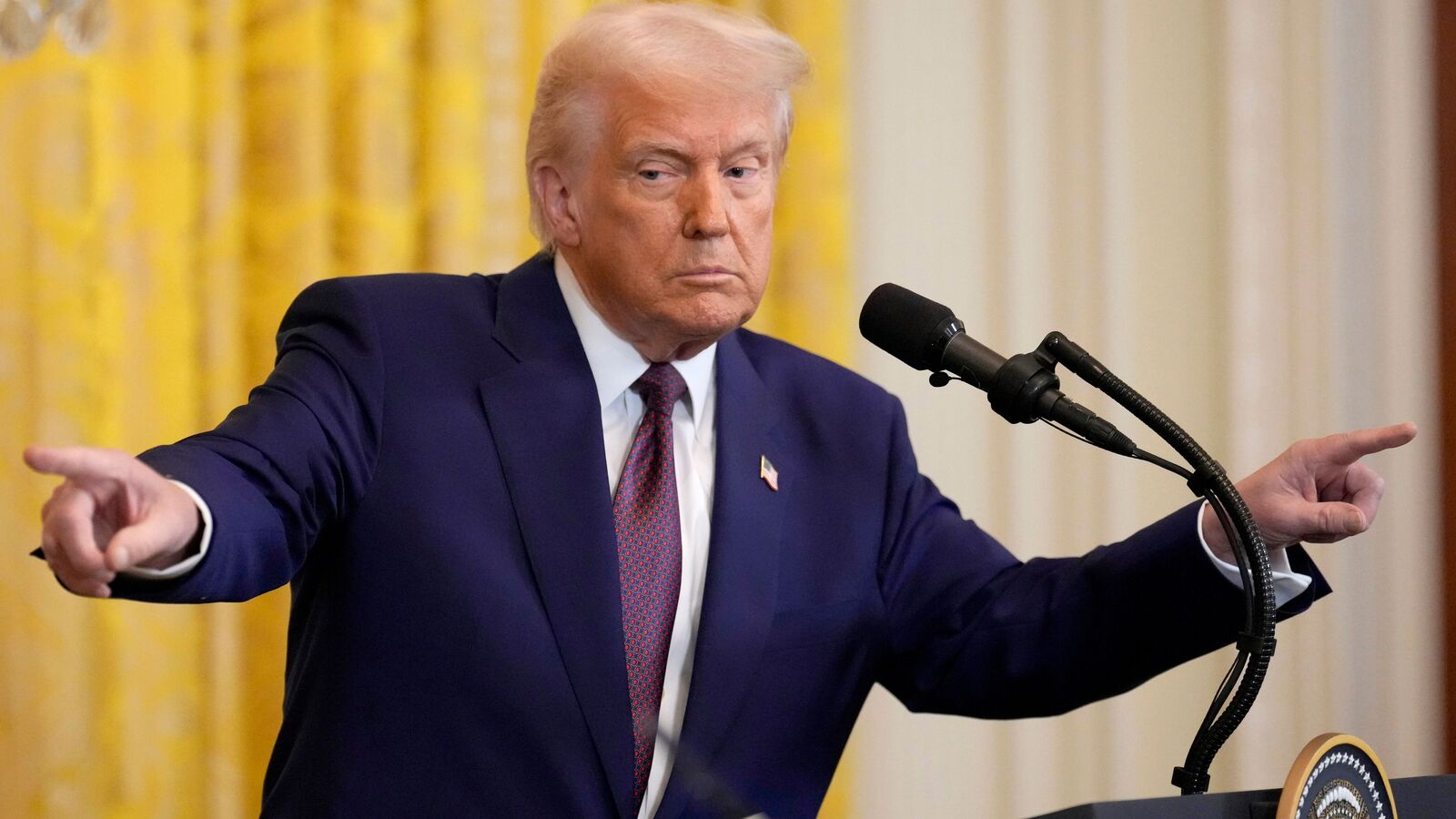As per the new orders, fresh import taxes would be customised for each country to counter their tariffs on U.S. goods and other trade barriers. According to a White House memo, these include unfair subsidies, strict regulations, value-added taxes, exchange rates, weak intellectual property rules, and other policies that restrict U.S. trade.
Trump further stated that he would enact import taxes on cars, semiconductors, and pharmaceuticals “over and above” the reciprocal tariffs later.
Will reciprocal tariffs impact India?
The move is significant for India as Trump’s announcement comes just hours before Prime Minister Narendra Modi’s visit.
Trump, during his campaign, often mentioned reciprocal tariffs for India and China, saying, “If they hit us with a 100 or 200% tariff on American-made goods, we will hit them with the same exact tariff. In other words, 100 per cent is 100 per cent. If they charge us, we charge them an eye for an eye, a tariff for a tariff, and the same exact amount.”
While signing the order on Thursday, he specifically mentioned India saying, “India has more tariffs than nearly any other country” making his intentions clear on reciprocal tariff.
What experts say?
Economists at global banks from Morgan Stanley to Nomura Holdings Inc. have identified India and Thailand as among the nations most exposed to risks from President Donald Trump’s vow to impose reciprocal tariffs on trading partners, as per Bloomberg.
“Emerging Asian economies have higher relative tariff rates on US exports and are thus at risk of higher reciprocal tariffs,” Nomura analysts led by Sonal Varma said in a note to clients. “We expect Asian economies to step up their negotiations with Trump.”
Bloomberg Economics’ Maeva Cousin and Deutsche Bank’s George Saravelos are among those who found that India’s wide tariff differential with the US left it at particular risk of retaliation.
According to Cousin’s analysis, the average rate that India charges US imports is more than 10 percentage points higher than US levies on Indian goods.
In a similar note, Morgan Stanley analysts led by Chetan Ahya predicted that “India and Thailand could see tariff hikes of 4 to 6 percentage points if the U.S. moves to narrow the trade gap”. However, “India may have room to increase purchases of U.S. defence equipment, energy, and aircraft.”
(With inputs from agencies)
Reciprocal tariff, Donald Trump, Narendra Modi, PM Modi, US tariff, trade tariff, what reciprocal trade means for India, US reciprocal trade
#Reciprocal #tariff #EXPLAINED #threaten #India #experts



